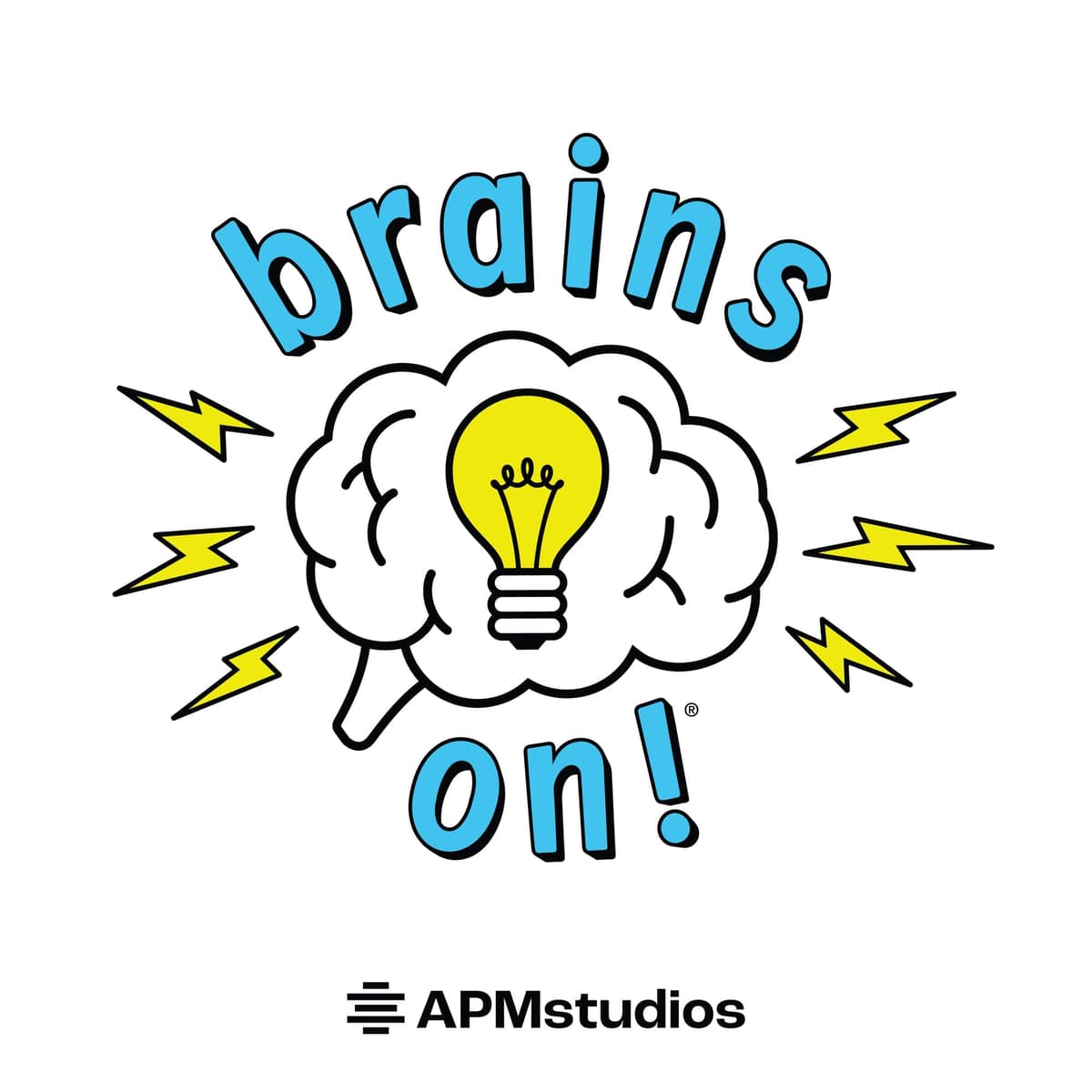Sold a Story: Brains On Episode Summary Episode: "How Do We Learn to Read — and Why is It Hard?" Release Date: April 11, 2023 Hosted by APM Reports
I. Introduction to the Episode
In this insightful episode of Brains On, hosted by Molly Bloom and Anna from Brooklyn, the discussion centers around the complexities of learning to read and the widespread challenges faced by millions of children. Drawing inspiration from Emily Hanford's investigative podcast Sold a Story, the hosts delve deep into why many children struggle with reading despite extensive scientific research on effective reading strategies.
II. Understanding the Reading Process
Molly and Anna begin by exploring what it takes to become a proficient reader, particularly in the English language. They outline that effective reading involves two primary skills:
-
Language Comprehension (Understanding What Words Mean):
- Anna (06:03): "There are two things you need to be able to do to be a good reader. First, you need to know what words mean."
- This skill can be naturally developed through conversations, watching educational media, and being read to.
-
Decoding (Figuring Out Written Words):
- Molly (06:30): "The second part of being a good reader is being able to decode or figure out written words. And this is the tricky part."
- Decoding involves recognizing letters, matching them to their sounds, and blending these sounds to form words. This systematic approach is backed by extensive scientific research as the most effective method for teaching reading.
III. Molly's Personal Struggle with Reading
Molly shares her personal journey with reading, highlighting the challenges she faced despite early education efforts.
- Molly (11:10): "I felt like I could read and that I was a strong reader. But as I grew up, I realized it was actually hard for me to sound out words."
- She recounts the frustration of being forced to read for extended periods, believing her difficulties stemmed from a lack of interest or intelligence rather than ineffective teaching methods.
IV. The Whole Word Approach vs. Decoding
Emily Hanford's Sold a Story podcast uncovers a prevalent yet flawed teaching method known as the "whole word" approach.
-
Whole Word Approach:
- Emily Hanford (17:19): "The teacher would show me a picture of a cat and then point to the word and say, here's the word cat."
- This method emphasizes memorizing entire words and guessing meanings based on context or pictures, rather than breaking words down into their constituent sounds.
-
Decoding Method:
- In contrast, the decoding method focuses on teaching children to sound out each letter and blend them to form words.
- Anna (09:44): "Learning to read English is hard. But being taught how to decode words step by step, paired with a good knowledge of lots of words, has been proven by scientists to be the best way to learn to read."
Despite strong evidence in favor of decoding, the whole word approach has been historically popular due to its appealing notion of making reading "easier" and more enjoyable for children. However, as Emily Hanford discovered, this method often leaves children struggling when faced with more complex texts that require robust decoding skills.
- Emily Hanford (22:45): "They wanted kids to get to the good part... Read a book and understand it and really enjoy it."
This disconnect between teaching methods and scientific research has led to widespread reading difficulties among children, as illustrated by Molly's experiences and those of other students discussed in the episode.
V. Expert Insights and Parental Support
The episode features valuable insights from educators and experts advocating for evidence-based reading instruction.
-
Kareem Weaver on Seeking Help:
- Kareem Weaver (24:16): "You're not dumb... You need to find somebody, some adult that's willing to help."
- Emphasizing the importance of early intervention and testing for learning differences such as dyslexia to provide targeted support.
-
Susie, Molly's Mother, on Teaching Evolution:
- Susie (26:05): "Anna needed help... I really wanted to figure out a way to help her."
- Susie discusses shifting her teaching approach from the whole word method to a more decoding-focused strategy, ensuring that her students—and her daughter—develop the necessary skills to decode and comprehend words effectively.
These perspectives underscore the necessity of adapting teaching methods to align with proven scientific strategies, ensuring that all children have the tools they need to become competent readers.
VI. Overcoming Reading Challenges: Encouragement and Strategies
Molly and Anna conclude the episode with messages of hope and practical advice for listeners struggling with reading.
- Molly Bloom (31:06): "You're not alone... Stay patient and really realize that the end goal will be worth it."
- Susie (31:10): "The most important thing that Anna did... asked for help."
Key takeaways include:
- Persistence and Patience: Learning to read is a gradual process that requires consistent effort and time.
- Seeking Help: It's crucial to reach out for support from educators, parents, or specialists when facing reading difficulties.
- Evidence-Based Learning: Utilizing teaching methods grounded in scientific research, such as decoding, can significantly enhance reading skills.
VII. Conclusion
This episode of Brains On sheds light on the critical issue of reading education, revealing how outdated teaching methods have contributed to widespread literacy challenges. By highlighting personal stories, expert opinions, and scientifically-backed strategies, Molly and Anna advocate for a shift towards decoding-based instruction to empower children and adults alike to overcome reading obstacles. The episode serves as both an informative guide and a source of encouragement for anyone grappling with reading difficulties, reinforcing the message that with the right approach and support, proficiency in reading is achievable.
Note: For a deeper dive into this topic, listeners are encouraged to explore Emily Hanford's Sold a Story podcast series, which further investigates the systemic issues in reading education.
